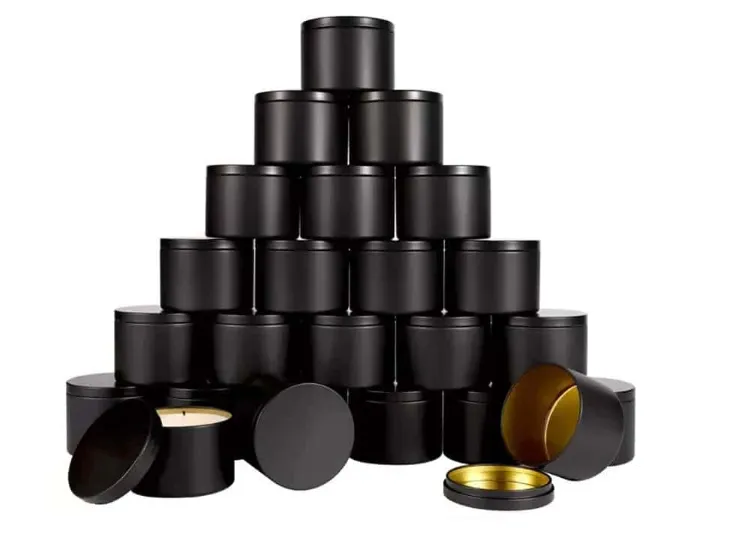European buyers must consider durability when sourcing packaging materials, especially for black tins. These metal containers are widely used in food, cosmetics, and luxury goods industries for their sleek appearance and protective properties. However, durability is a key factor that affects product safety, brand reputation, and long-term cost-effectiveness. Understanding how black tins withstand external conditions, resist corrosion, and maintain their aesthetics is essential to making an informed purchasing decision. This article explores key aspects of black tin durability, providing European buyers with valuable insights into why and how to evaluate these containers before purchasing.
Also Read: Shattering SEO Illusions: Unveiling truth and Implementing Strategies
Material Strength of Black Tins and Its Impact on Durability
Black tins are typically made of tinplate or tinplated steel, providing structural strength while maintaining a lightweight profile. The durability of these cans depends on the metal’s thickness, the coating’s quality, and the manufacturing process. High-quality black tins resist dents, warping, and breakage, ensuring the packaging remains intact during transportation and storage. European buyers should prioritize cans with a strong metal composition, as substandard materials can lead to premature wear and damage. Additionally, evaluating material specifications, such as tinplate thickness and tensile strength, helps determine the long-term reliability of black cans in different applications.
Corrosion Resistance: A Key Factor in Black tin Durability
One of the most critical questions about the durability of black tins is their corrosion resistance. Since these cans are often used to store food, tea, coffee, and other moisture-sensitive products, rust and oxidation can compromise their integrity. High-quality black cans are coated with a protective layer, such as a lacquer or food-grade coating, to prevent rust. European buyers should check whether the cans they purchase have been treated with an anti-corrosion treatment, primarily if they are intended for use in humid environments. Investing in corrosion-resistant black cans ensures that the packaging remains functional and aesthetically pleasing for a long time.
How Coatings and Surface Treatments Affect Lifespan?
The durability of black cans depends on the metal itself and the coatings and surface treatments applied. Tsing’s black cans undergo unique surface treatment processes, such as powder coating or electroplating, to enhance their resistance to scratches, fading, and environmental damage. A well-applied coating provides extra protection from UV exposure and physical wear and tear. European buyers should verify the quality of these coatings by checking for uniformity and adhesion. Additionally, some coatings have food-safe properties that make them ideal for packaging edible products without the risk of contamination.
The Role of Structural Design in Enhancing Durability
In addition to the material and coating, the design of black tins also plays a vital role in their durability. Features such as reinforced edges, double-seam construction, and airtight lids increase the strength and life of these cans. Well-designed tins prevent deformation during transportation and stacking, ensuring the product is protected throughout the supply chain. European buyers should consider cans with strong structures, especially when the packaging needs to be frequently handled or exposed to different temperatures. Investing in well-designed black tins minimizes the risk of product damage and increases customer satisfaction.
Environmental Factors and Storage Conditions Affecting Durability
Even the most durable black tins can degrade if not stored properly. Exposure to extreme temperatures, high humidity, and direct sunlight can affect the integrity of the metal and coating. European buyers should know the recommended storage conditions for black cans to maximize their lifespan. Proper ventilation, controlled humidity, and avoidance of direct heat sources are essential to maintaining their quality. Additionally, choosing jars that are highly resistant to environmental stressors ensures they remain in optimal condition even in challenging storage and transport environments.



